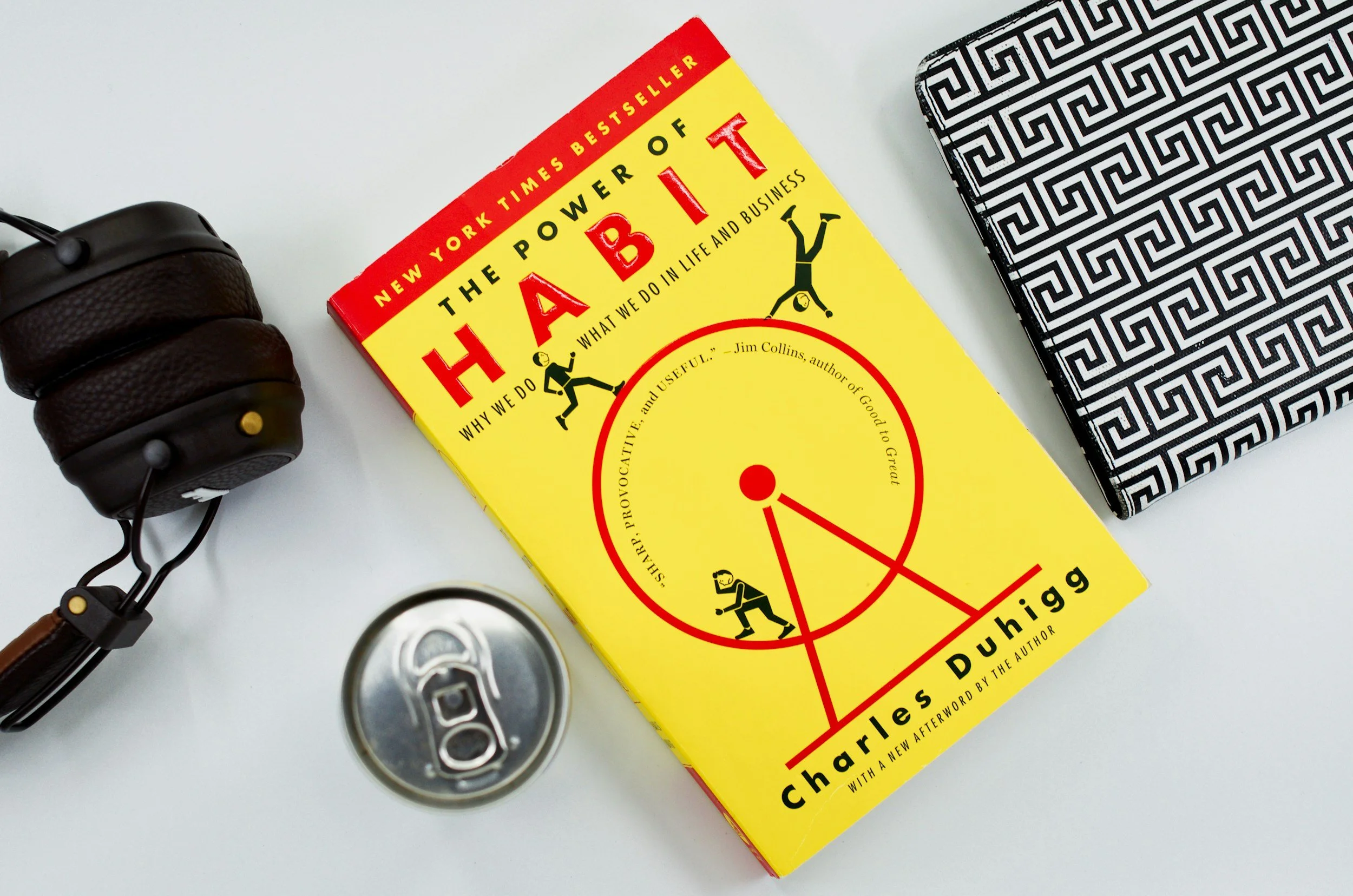The Science of Habit Formation: Tips for Lasting Change
At Haven Psychology Group, we understand that creating lasting habits can feel challenging, especially when it comes to personal growth and self-improvement. Whether you're looking to develop healthier routines, improve your productivity, or break free from unhelpful patterns, understanding the science of habit formation is the first step toward making meaningful, lasting changes.
Why Are Habits So Powerful?
Habits are automatic behaviors that arise from repeated actions over time. The brain loves efficiency, and habits help it conserve energy by allowing certain behaviors to become routine. While this can be a great asset, it also means that bad habits, once formed, can be difficult to break.
Research shows that habits are deeply rooted in the brain's reward system. When we engage in a behavior that is pleasurable or satisfying, our brain releases dopamine, reinforcing the behavior and encouraging us to repeat it. Over time, this reinforcement loop strengthens the habit, making it feel more automatic.
The Habit Loop: Understanding the Three Key Components
To create lasting change, it’s important to understand the three key components of the habit loop:
Cue: This is the trigger that initiates the behavior. It could be a specific time of day, an emotional state, or even a particular location.
Routine: This is the behavior itself — the action you take in response to the cue. It could be anything from grabbing a healthy snack to exercising or procrastinating.
Reward: The result or feeling you get from completing the behavior. The reward could be a feeling of accomplishment, relaxation, or even a temporary distraction.
When you consciously adjust each component of the habit loop, you can begin to form new habits or break unwanted ones. Here's how to use the science of habit formation to your advantage.
Tips for Lasting Change
Start Small: One of the biggest mistakes people make when trying to form a new habit is trying to change too much at once. Instead, focus on one small, manageable habit that you can easily incorporate into your daily routine. Starting small helps build momentum and makes the process less overwhelming.
Be Consistent: Consistency is key to habit formation. The more you repeat a behavior, the more your brain begins to associate it with the cue and the reward. Aim to perform your new habit at the same time and in the same context each day to strengthen the connection between the cue and the routine.
Use Positive Reinforcement: Reward yourself when you successfully complete your new habit. The brain responds positively to rewards, making it more likely you’ll repeat the behavior in the future. However, it’s important to choose rewards that support your new habit. For example, after a workout, you might reward yourself with a nutritious snack rather than a sugary treat.
Accountability: Share your goals with someone you trust. Having an accountability partner can help reinforce your commitment and provide motivation when things get tough. Whether it’s a friend, family member, or a therapist, knowing someone is rooting for you can keep you on track.
Track Your Progress: Keep a journal or use an app to track your progress. Documenting your successes, no matter how small, helps you stay motivated and reinforces the positive changes you’re making. It’s also a great way to identify patterns and areas for improvement.
Practice Self-Compassion: Forming new habits isn’t always smooth sailing. You may slip up or face setbacks along the way, and that's okay. Practice self-compassion by reminding yourself that change takes time. Be patient with yourself, and instead of focusing on mistakes, celebrate your progress.
Reframe Your Mindset: Instead of thinking of a new habit as something you "have to" do, try reframing it as something you "choose" to do for your well-being. When you approach habit formation with a positive mindset, you're more likely to stay motivated and committed to the process.
The Bottom Line
Creating lasting change takes time, patience, and consistency, but understanding the science behind habit formation can make the process easier and more effective. By starting small, being consistent, and rewarding yourself along the way, you can successfully build the habits that support your goals and create lasting transformation in your life.
If you’re struggling with forming or breaking habits, or if you’d like to explore how therapy can help you create meaningful change, Haven Psychology Group is here to support you. Our team of licensed professionals is committed to helping you navigate the challenges of personal growth and build healthier habits that lead to a happier, more fulfilling life.
Ready to get started? Contact us today to learn more about how we can help you create the lasting change you desire.


